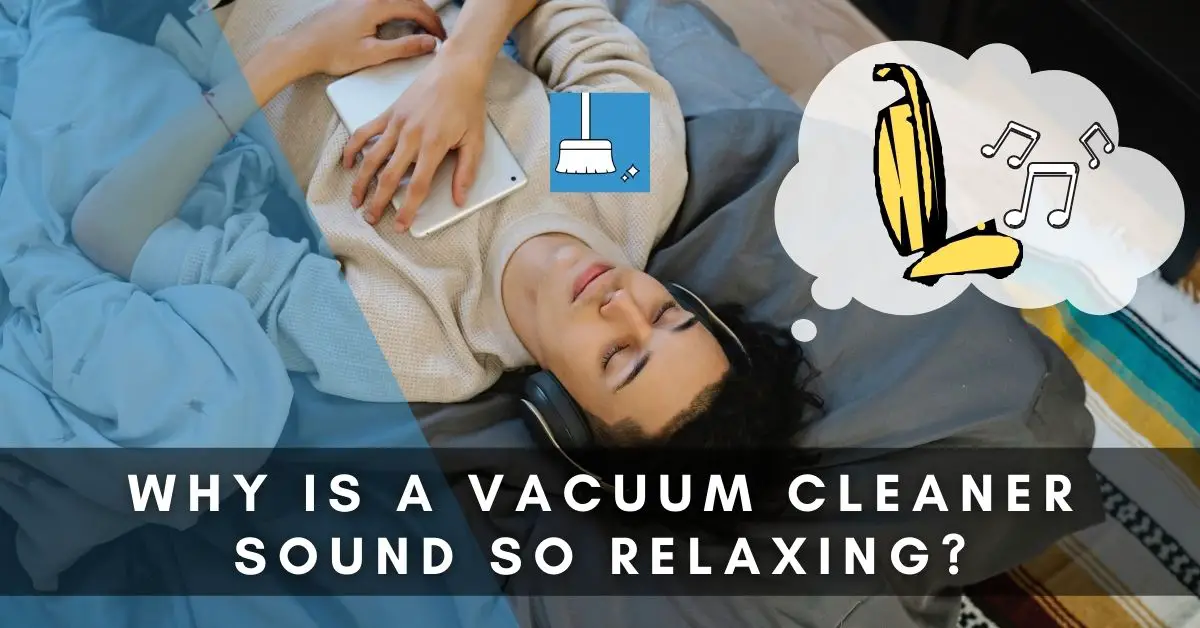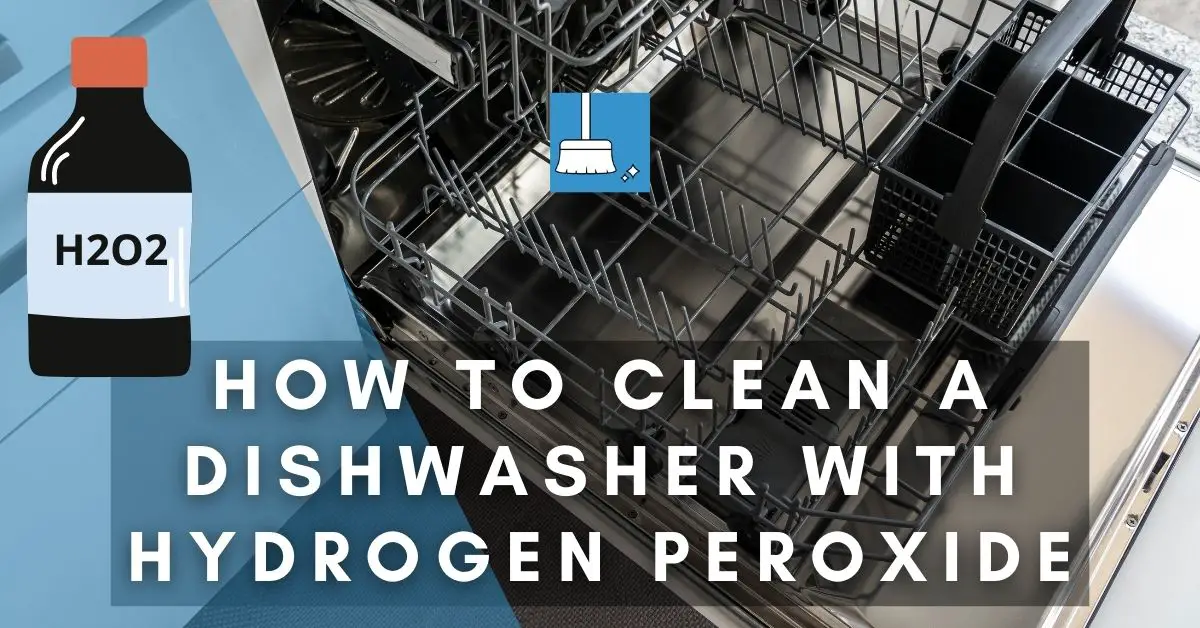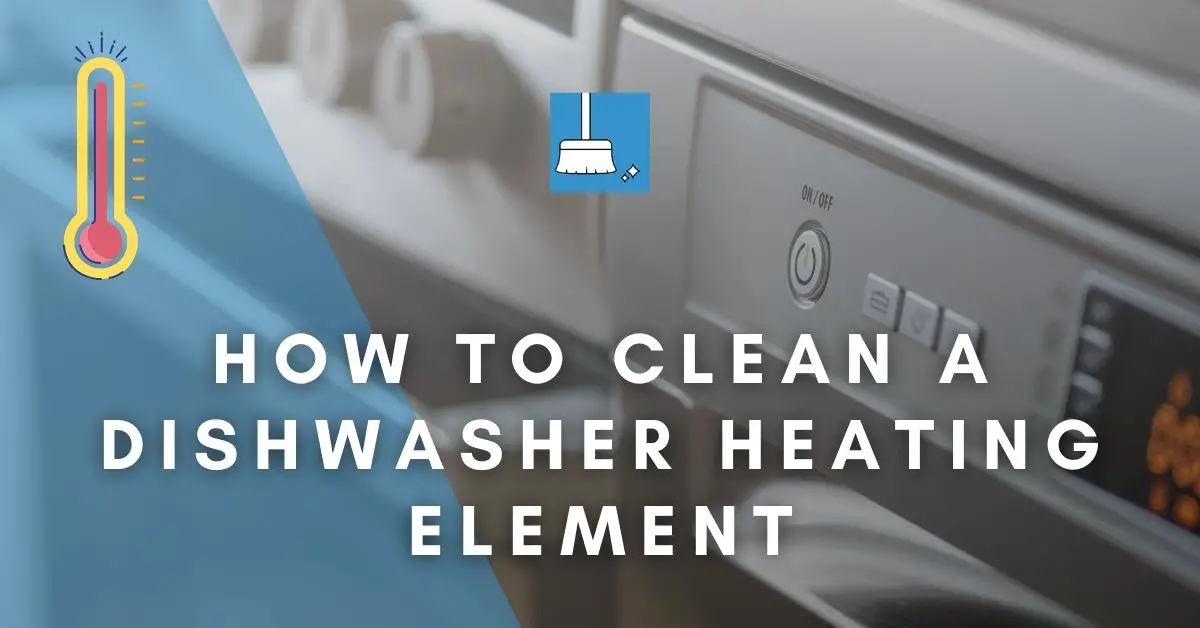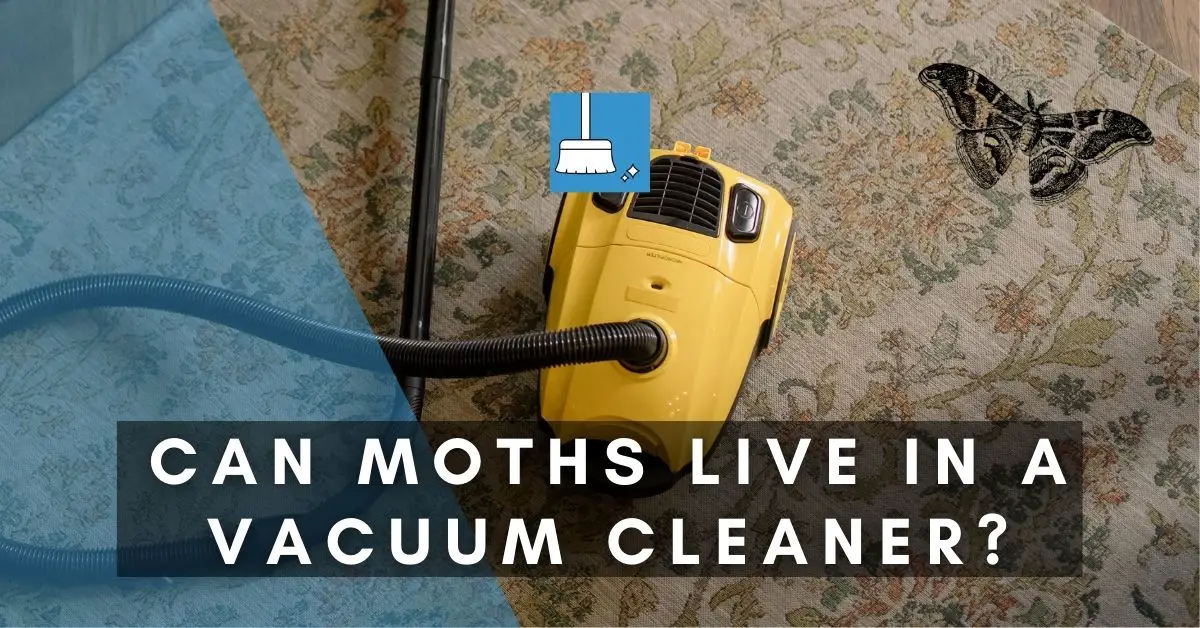There are many things that oddly comfort people and help them relax, whether it’s the feel of feathers on their skin or the sound of running water. That relaxing feeling can come from anything, even ordinary household appliances.
A Vacuum cleaner is one household appliance that is famously known, not just for its excellent cleaning abilities and the good smell it has, but also for the sound it produces when working, a sound that is very relaxing to many people.
What is this sound that it produces anyway, how can you properly describe such a thing, and why is the low sound so calming to so many people, even babies? Well, we did the research, and here is what we found out.
What Sound Does a Vacuum Cleaner Make?
The sound that a vacuum cleaner makes is simply the suctioning sound that the powerful motors of the vacuum machine produce while cleaning your home. The closest definition or classification of the sound is white noise.
White noise is simply a consistent sound that you can hear evenly at any frequency.
It’s an equal amount of sound to the ears, no matter how high or low the frequency is. With that consistency, it is perfect for blocking out sounds and noises that normally disturb people.
Sound is usually measured in decibels, and the decibels of a vacuum cleaner depend on the type of vacuum and the attachment you're using at the time. Silent vacuums make about 60 decibels of noise, and this can increase to as high as 100 decibels for louder vacuums.
However, not all vacuums produce white noise, especially when they’re louder and have more complex systems.
Why Is a Vacuum Cleaner Sound Relaxing? (7 Reasons)
The sound of a vacuum cleaner is relaxing because it is white noise, and white noise is popular for being comforting and used as a sleep aid for babies and adults.
The joint working of the vacuum parts to create that powerful suction also creates a smooth sound that helps people relax.
So what is it about vacuum cleaner sounds and white noise that makes it so relaxing? What does it do to the brain to calm it and the body down? Here are the answers to these questions:
1- White Noise
The sound of a vacuum cleaner is very relaxing because it is eerily similar to, or can even be called white noise.
White noise has equal intensity at varying frequencies, and this has a calming effect on people.
The vacuum sound, (that is, white noise) sends a signal to the brain that it can put its internal system to sleep, which helps you relax. (Source)
2- Masks Other Sounds
Results of a study on hospital patients were published in 2016, which concluded that white noise could mask environmental noise and improve sleep.
Vacuum cleaner sounds help block out unwanted or disturbing sounds, such as car horns and talking people. Being able to block out the noise is a great way to relax.
3- Gives Increased Concentration
A 2010 study on secondary school students concluded that White noise can help inattentive children improve their performance.
It relaxes the subconscious of the mind and helps people focus. With the masking of background noise, vacuum sounds can help you focus on a single task, no matter how trivial it is, and being able to think straight and focus is definitely relaxing.
4- The Magic of Consistency
The consistency of the vacuum sounds can have the effect of regulating the heartbeat, slowing down the pulse to an optimal level, and for some people, regulating their body temperature. When the body is in such an optimal state, it is very relaxing.
5- Sends You into Mother’s Womb
It mimics the sounds that people experienced as a child in their mother’s womb. (Source) These sounds were very relaxing then, and playing similar sounds triggers that relaxed status that all humans once experienced.
6- Rests the Brain
There is a relationship between music and sleep. In a 2018 survey, this relationship was firmly established.
Music helps people to sleep better. White noise helps the brain move from the initial stages of sleep, that is, REM sleep, to deep sleep. It is in deep sleep that the brain is at rest, and the body gets to relax.
After helping the body get to deep sleep, white noise from vacuum cleaners helps the body stay asleep until it is well-rested. It is a technique that medical centers often use to get patients relaxed and well-rested.
7- Lowers Anxiety in people
A key way of helping people prone to anxiety attacks is white noise. By clearing their brain and blocking out loud sounds, it helps them slow down their heartbeat and control their breathing.
Why Does a Vacuum Cleaner Calm a Baby?
A study conducted in 1990 found 80% of the babies fell asleep in 5 minutes with a white sound.
Babies love white noise. It is a parenting hack that people have used for years to get their babies and young kids to relax and sleep. But why does it work so well? Simply because it mimics their intrauterine experience.
You see, once babies are over 18 weeks of pregnancy, their ears start developing, and they begin to hear sounds. The sounds they are first introduced to are very unique; the sound of their beating heart, their mother’s heart, the blood movement in the body, the mother’s stomach sounds, etc
They don’t hear these sounds individually but as a combined and big blanket of sound. Many scientists believe that this blanket or wall of sound is very similar to white noise.
Babies adjust to that wall of sound before birth, so a recreation of that sound after birth will work effectively to calm them to a relaxed state.
This blanket of sound has been approximated to 75 decibels, which is the perfect volume for white noise. It is also just around the sound of a hairdryer or a standard vacuum cleaner. So for new parents who have been unable to calm their child, try a vacuum cleaner and watch the magic of its sound.
However, white sound is only a temporary solution to put babies to sleep and not a long-term solution. (Source)
Other Effects of Vacuum Cleaner Sound
We have established that it helps you sleep better, focus, reduce anxiety, and a lot of other things, how it does so, and why it feels so good. However, as with any other thing, there are some downsides to its use. Here are a few of them:
1- Over Reliance
When your brain and body get used to relaxing and falling asleep with white noise, there is the tendency to become overly dependent on the sound. It is never good to be addicted to experiences, as it creates dependencies. So try not to overdo white noise if you really like it.
2-Hearing Problems
It can lead to hearing problems in young children if they are exposed to vacuum sounds consistently for a long period of time. It also increases the risk of developmental issues in areas of speech and language. (Source)
3- Brain Issues
Sleep scientists have extensively studied white noise and its effect on the brain. They concluded that white noise exposure, especially where it is high decibels, can cause a negative rewiring process in the brain and affect the auditory system.
What Produces Sounds Similar to a Vacuum Cleaner?
The white noise that vacuum cleaners produce is not restricted to just this machine. There are tons of other devices and natural occurrences that make a sound similar to a vacuum cleaner, which can also calm the brain and relax the body.
Some of these other machines include hair dryers, electric fans, dishwashers, washing machines, etc. If you want the natural, calming sound, running water in streams and ocean waves has also been said to produce white noise.
Final Thoughts!
The relaxing effect of vacuum sound and white noise is endless for many people, such as the ones who suffer from anxiety, concentration issues, sleeping problems, babies, older children, and generally people who find it difficult to simply relax.
However, it doesn’t work for everyone; some people are too sensitive and find vacuum sounds and white noise irritating to the ear.
If you enjoy vacuum sounds, this article has helped you understand what this sound is and why exactly you feel so calm and relaxed when you hear it or other similar sounds.






Pingback: Central Vacuum Vs Shop Vac (5 Comparisons!) + Pros & Cons »
Pingback: Can Dirt Devil Vacuum Water? (Explained!) + Cleaning Steps! »
Pingback: Can Flies Survive In A Vacuum Cleaner? (Solved!) + More »